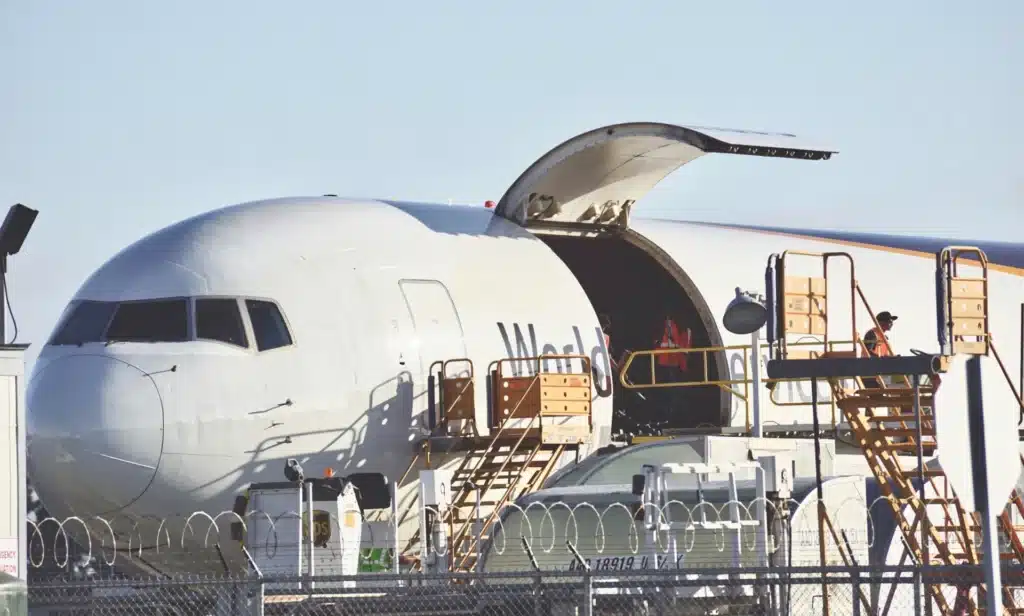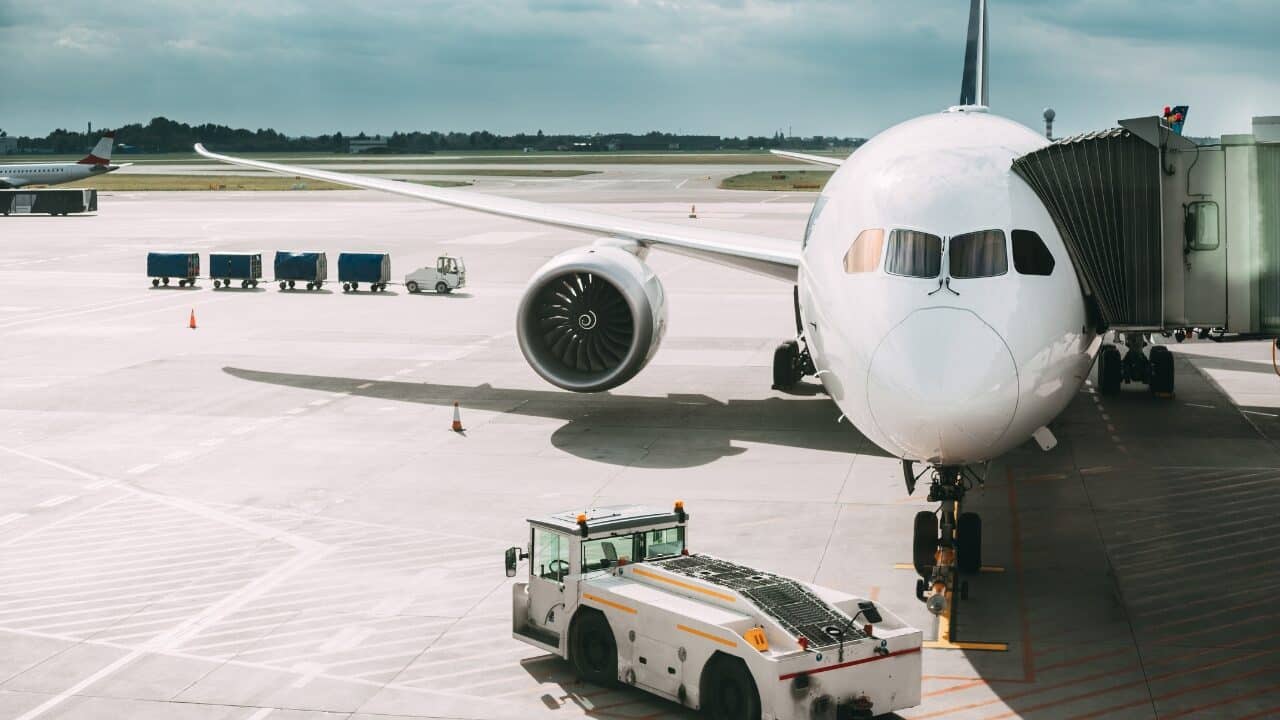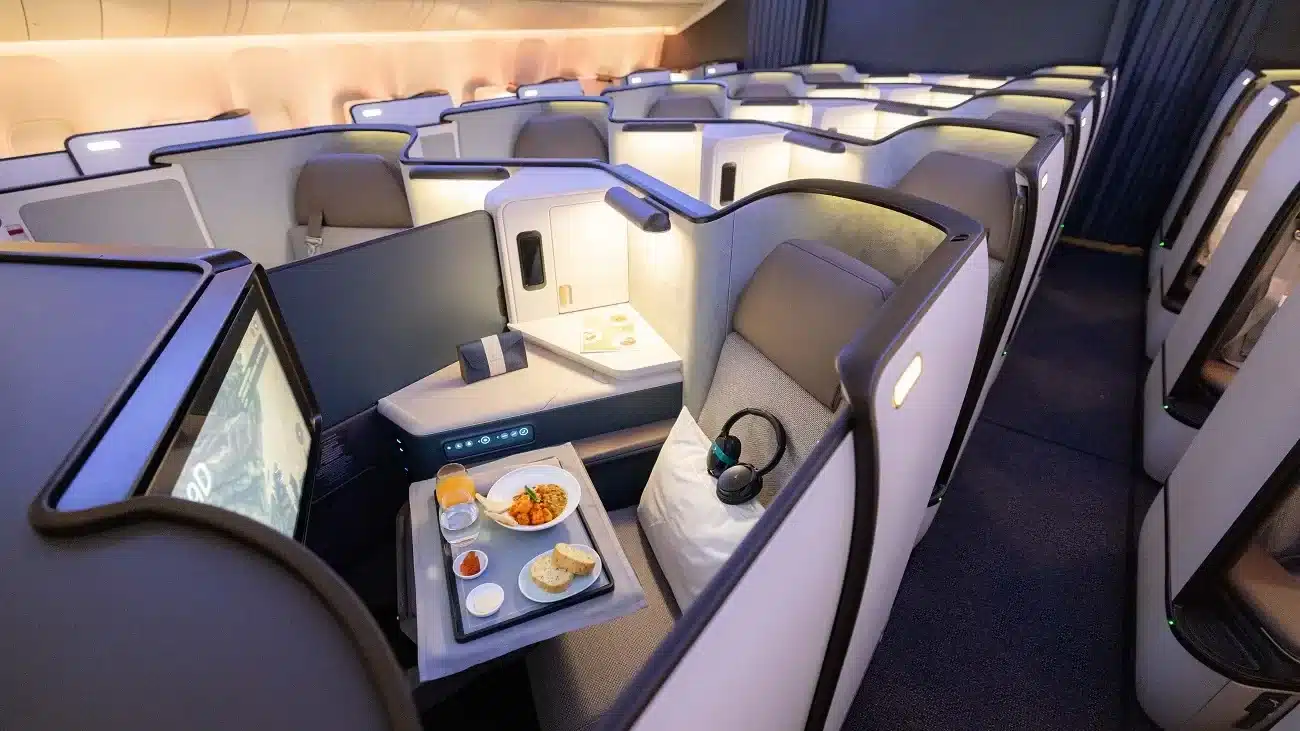When production lines halt awaiting critical components, pharmaceutical shipments race against expiration dates, or aerospace parts must reach maintenance facilities within hours-choosing the right air cargo provider becomes mission-critical.
Air freight handles approximately 35% of global trade by value despite representing less than 1% by volume. This statistic reveals everything: when goods are urgent, valuable, or irreplaceable, air cargo becomes the only viable option.
Understanding Time-Sensitive Air Cargo

Time-sensitive air freight encompasses any shipment where delivery windows measure in hours or days rather than weeks. Unlike standard cargo that can tolerate delays, urgent air shipments carry consequences-lost revenue, production downtime, or complete product loss.
These critical shipments typically include manufacturing components preventing production shutdowns, perishable goods with strict shelf lives, temperature-sensitive pharmaceuticals and medical supplies, aerospace replacement parts for aircraft-on-ground situations, and high-value electronics where extended transit increases risk.
When and Why Businesses Choose Air Freight
Companies turn to air cargo services when the cost of delay exceeds the premium for expedited transport. Consider these scenarios:
Automotive Manufacturing: A missing component halts an assembly line costing $50,000 per hour. Aviation logistics experts know that a $5,000 express air cargo shipment becomes insignificant compared to downtime costs.
Pharmaceutical Industry: Temperature-sensitive vaccines requiring continuous cold chain management cannot tolerate delays. A shipment delayed beyond specified parameters becomes worthless-regardless of when it arrives. The pharmaceutical sector represents one of the fastest-growing segments for express air cargo.
Aerospace & Defense: Aircraft-on-ground (AOG) situations demand immediate parts delivery. Every grounded hour represents lost revenue for airlines or compromised mission capability for military operators. Charter brokers specialize in coordinating same-day air cargo for these critical situations.
Technology Sector: Semiconductor manufacturers shipping prototype wafers or server components operate on razor-thin production schedules. Missing a delivery window can delay product launches by weeks-impacting market positioning and revenue forecasts.
Key Factors to Consider When Selecting an Air Cargo Provider
Choosing reliable air freight requires evaluation beyond quoted transit times. Here’s what separates exceptional providers from mediocre ones:
On-Time Performance Metrics
Promised delivery windows mean nothing without consistent execution. Request specific performance data for routes you’ll use regularly. Leading air freight companies track and publish metrics showing:
- Percentage of shipments delivered within promised timeframes
- Average delay duration when exceptions occur
- Performance by specific route and service level
- Historical data spanning multiple quarters
Network Coverage & Hub Strength
Direct flights minimize risk and delay. Evaluate whether providers operate dedicated cargo capacity between your key lanes or rely on partner airlines with less schedule control.
Major cargo hubs like Frankfurt Airport, Hong Kong International, Dubai International, Singapore Changi, and London Heathrow offer 24/7 customs clearance and dedicated freight infrastructure. Providers with strong presence at relevant hubs deliver competitive advantages that smaller operators cannot match.
IATA Accreditation & Regulatory Expertise
IATA certification validates that cargo operators meet international standards for handling, documentation, and safety. For international shipments, verify providers maintain:
- Current IATA accreditation across all operating regions
- Customs specialists familiar with destination country requirements
- Experience managing complex regulatory scenarios
- Proactive communication about documentation requirements
Experienced air cargo services employ dedicated customs teams who prevent clearance delays that destroy tight delivery schedules.
Specialized Handling Infrastructure
Temperature control, dangerous goods management, and high-value cargo security require validated infrastructure and trained personnel. Tour provider facilities to verify:
Cold Chain Capabilities: Pharmaceutical-grade temperature-controlled storage, continuous monitoring systems, and backup power at all facilities.
Dangerous Goods Expertise: IATA DG-certified staff, compliant packaging, and experience with your specific product classifications.
High-Value Security: GPS tracking, secure facility access, armored transport for airport transfers, and specialized insurance coverage.
Technology Integration
Modern freight forwarding demands real-time visibility. Evaluate providers based on:
– Real-time shipment tracking with automated status updates
– Electronic air waybill (e-AWB) processing
– API integration with your enterprise systems
– Mobile access to tracking and documentation
– Proactive exception alerts
Customer Service Responsiveness
When managing time-critical logistics, having direct access to decision-makers makes the difference between meeting deadlines and catastrophic delays.
Verify providers offer dedicated account management, 24/7 support operations with <15-minute response times, proactive communication about potential disruptions, and authority to reroute shipments or expedite clearances without bureaucratic delays.
Express vs Standard Air Freight: What’s the Difference?
Standard air freight operates on consolidated shipments where multiple customers’ cargo travels together on scheduled flights. This model offers cost advantages but limited control:
- Shipments wait for sufficient volume before departure
- Transit through multiple hubs adds handling delays
- Standard customs processing extends clearance times
- Delivery to freight terminals requires customer pickup
Express air cargo services prioritize speed through dedicated infrastructure:
- ✓ Guaranteed delivery within specific timeframes
- ✓ Dedicated aircraft or reserved capacity
- ✓ Priority loading, unloading, and customs clearance
- ✓ Door-to-door delivery to consignee addresses
- ✓ Money-back guarantees for time-definite services
The cost premium-typically 200-400% over standard rates-becomes negligible when calculated against total logistics costs including inventory carrying charges, risk mitigation, and business impact of delays.
Specialized Air Cargo Services for Urgent Shipments
Beyond express services, specialized cargo airlines offer solutions for specific industries:
Temperature-Controlled Air Freight: Pharmaceutical products and biological samples require validated containers, continuous temperature monitoring throughout transit, and backup systems ensuring product integrity during ground delays. These services maintain products within 2-8°C ranges (±0.5°C tolerance) throughout international journeys.
Dangerous Goods Transport: Hazardous materials demand IATA Dangerous Goods Regulations compliance, specialized packaging and documentation, and certified personnel handling. Not all carriers accept dangerous goods-making early provider verification essential.
High-Value Cargo Services: Electronics prototypes, precious metals, and jewelry require enhanced security including GPS tracking systems, secure facility access protocols, armored transport for airport segments, and specialized insurance exceeding standard coverage limits.
How Air Charter Services Support Critical Deliveries
When scheduled air freight services cannot meet delivery requirements, air charter provides ultimate flexibility:
Dedicated charter aircraft depart on customer-determined schedules, fly direct routes avoiding hub delays, carry single-customer cargo exclusively, and enable same-day delivery over continental distances.
When Charter Makes Sense:
Aircraft-on-ground situations transporting replacement parts and maintenance crews simultaneously-the downtime cost of a grounded $200M aircraft dwarf charter expenses. Manufacturing disruptions where contract penalties for late delivery exceed charter costs. Emergency response situations requiring immediate deployment of equipment and personnel.
Evaluate charter providers based on aircraft availability and global positioning, cargo type expertise and safety records, insurance coverage adequacy, and ground logistics coordination capabilities.
Tips for Managing Time-Critical Logistics
Tracking, Documentation, and Customs
Advance preparation prevents delays. Ensure documentation accuracy before shipment departure:
| Document Type | Critical Requirements |
|---|---|
| Commercial Invoice | Accurate goods description with harmonized tariff codes |
| Certificate of Origin | Meets destination country requirements and trade agreements |
| Special Permits | Advance approval for regulated products (pharma, food, etc.) |
| Electronic Data | e-AWB transmission for advance customs review |
Electronic data transmission via IATA’s e-freight systems accelerates customs processing by enabling advance review before aircraft arrival. Progressive providers partner with customs authorities at major hubs establishing trusted trader programs for expedited clearance.
Configure automated alerts for key status updates: departure delays, customs holds, delivery attempts, and temperature excursions. When delays occur, immediate notification enables contingency activation-rerouting through alternative hubs or arranging emergency ground transport.
Partnering with Reputable Freight Forwarders
While some shippers work directly with cargo airlines, experienced freight forwarders offer valuable advantages:
Relationship leverage with multiple carriers enables flexible routing when disruptions occur. Customs expertise across jurisdictions prevents documentation delays. Volume-based pricing delivers rates unavailable to occasional shippers. Consolidated tracking across multi-carrier shipments provides single-pane visibility.
When selecting partners, evaluate their financial stability and industry tenure, presence at key airports you serve, technology platforms and tracking capabilities, and customer references for similar requirements.
Avoid providers who obscure carrier partners or resist sharing performance data. Transparency matters critically when accountability determines deadline success.
Choosing Reliability Over Speed Alone
The fastest transit time means nothing when shipments miss departure windows.
Consistent reliability-delivering within promised timeframes across repeated shipments-provides far more value than occasionally achieving heroic speed.
Leading air freight companies distinguish themselves through operational discipline minimizing exceptions:
- Backup plans for weather delays, equipment failures, and labor disruptions
- Redundant tracking systems ensuring uninterrupted visibility
- Adequately staffed customer service providing immediate support
- Financial reserves enabling sustained service during market disruptions
Request detailed performance metrics: on-time delivery rates by route and service level, average delay duration when exceptions occur, claims ratios for damaged/lost shipments, and customer satisfaction scores across recent quarters.
Consider provider longevity and financial stability. The air cargo industry experiences regular service disruptions. Selecting established, well-capitalized providers reduces risk that your logistics partner will cease operations mid-contract or reduce service levels to preserve profitability.
Final Thoughts: The Value of a Trusted Air Cargo Partner
Selecting the right air cargo service for time-sensitive shipments represents a strategic decision impacting manufacturing efficiency, customer satisfaction, and competitive positioning.
While cost considerations matter, the total value calculation must incorporate delay risks, carrying cost implications, and business impact of missed deadlines.
The most effective approach combines:
Rigorous provider evaluation across performance, capabilities, and financial stability
Strategic partnerships with reliable carriers and forwarders
Proactive documentation management and customs preparation
Continuous monitoring with regular provider performance reviews
Companies that invest in building relationships with capable air freight partners benefit from preferential treatment during capacity constraints, proactive communication about potential disruptions, and collaborative problem-solving when unexpected challenges emerge.
As global supply chains evolve toward just-in-time models with reduced inventory buffers, time-sensitive air cargo services will play an increasingly critical role in business operations. Organizations developing sophisticated air freight capabilities position themselves to respond rapidly to market opportunities and operational challenges defining competitive success.
Ready to optimize your urgent logistics operations? Explore aviation logistics providers and connect with trusted cargo specialists through The Flying Engineer to ensure your time-critical shipments receive the expertise, capacity, and reliability they demand.
Frequently Asked Questions
What is the fastest air cargo service?
The fastest option is dedicated charter flights offering door-to-door delivery within hours for critical shipments. For scheduled services, express air freight with next-flight-out guarantees provides the quickest alternative-typically delivering within 24-48 hours globally depending on route and customs efficiency. Major express carriers like DHL, FedEx, and UPS offer time-definite delivery with money-back guarantees for many international lanes. Speed depends heavily on direct flight availability, hub efficiency, and customs clearance capabilities at destination airports.
How do I choose a reliable air freight provider?
Evaluate providers based on on-time performance metrics for your specific routes (request data showing % delivered within promised timeframes), IATA accreditation and regulatory compliance across operating regions, network coverage at origin and destination airports with direct flight options, specialized handling infrastructure for your product types (temperature control, dangerous goods, high-value), technology platforms offering real-time tracking and system integration, and customer references from companies with similar shipping profiles. Conduct trial shipments before committing to long-term partnerships and avoid providers who cannot produce recent performance data.
When should I use air charter for time-sensitive shipments?
Air charter becomes cost-effective when scheduled flights cannot meet delivery requirements, cargo volume justifies dedicated aircraft costs (typically 1,000+ kg for short/medium haul), direct routing avoids critical hub delays, or time savings value exceeds charter premiums. Common scenarios include aircraft-on-ground (AOG) situations requiring immediate parts delivery, manufacturing disruptions threatening production lines with contract penalties, emergency response where standard services cannot meet timing, and specialized equipment transport requiring custom aircraft configurations. Calculate total cost including potential delay impacts rather than comparing charter rates against standard freight pricing alone.
Authors
-
Radu Balas: Author
Pioneering the intersection of technology and aviation, Radu transforms complex industry insights into actionable intelligence. With a decade of aerospace experience, he's not just observing the industry—he's actively shaping its future narrative through The Flying Engineer.
View all posts Founder
-
Cristina Danilet: Reviewer
A meticulous selector of top-tier aviation services, Cristina acts as the critical filter between exceptional companies and industry professionals. Her keen eye ensures that only the most innovative and reliable services find a home on The Flying Engineer platform.
View all posts Marketing Manager
-
Marius Stefan: Editor
The creative force behind The Flying Engineer's digital landscape, meticulously crafting the website's structure, navigation, and user experience. He ensures that every click, scroll, and interaction tells a compelling story about aviation, making complex information intuitive and engaging.
View all posts Digital Design Strategist


















